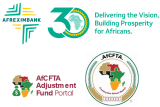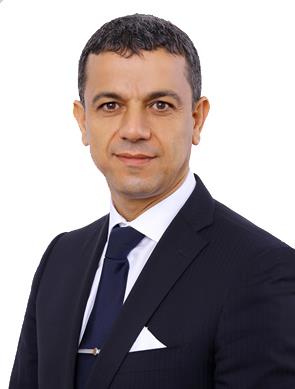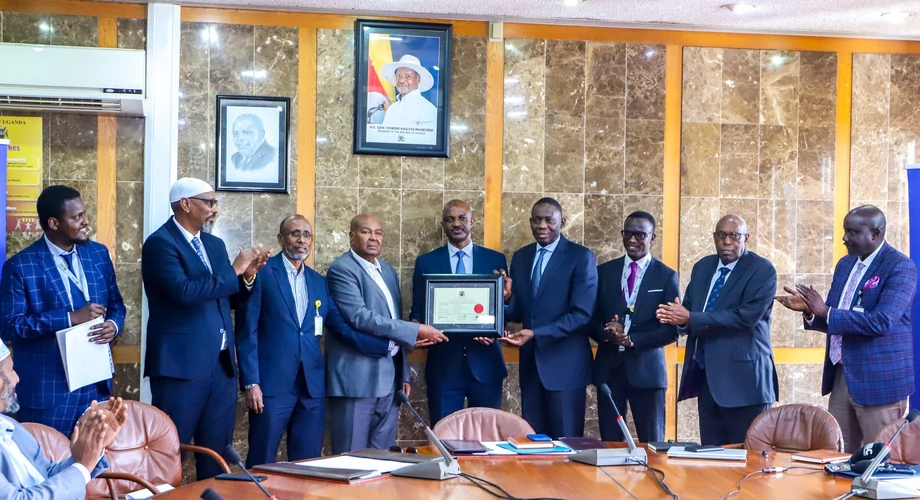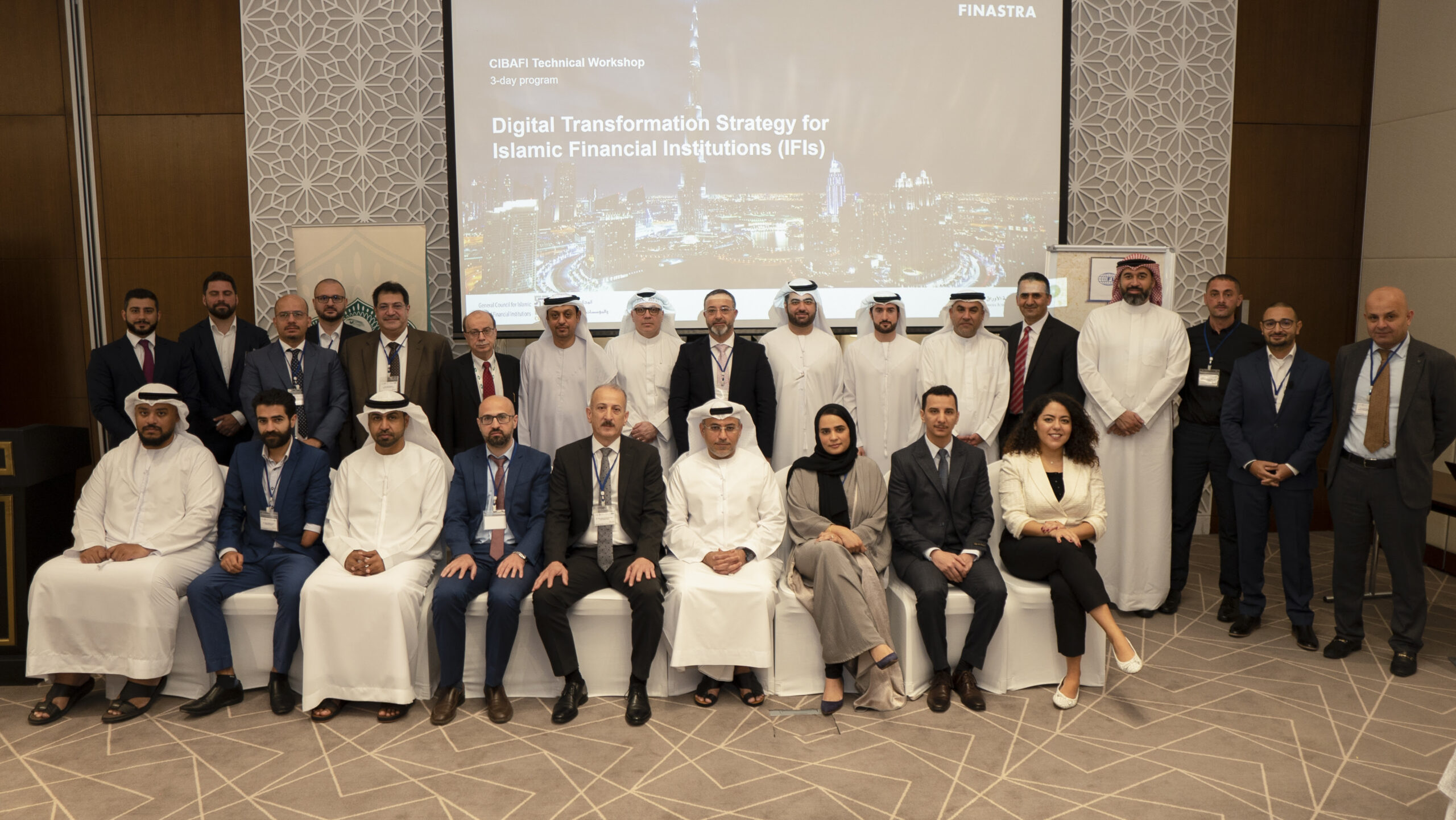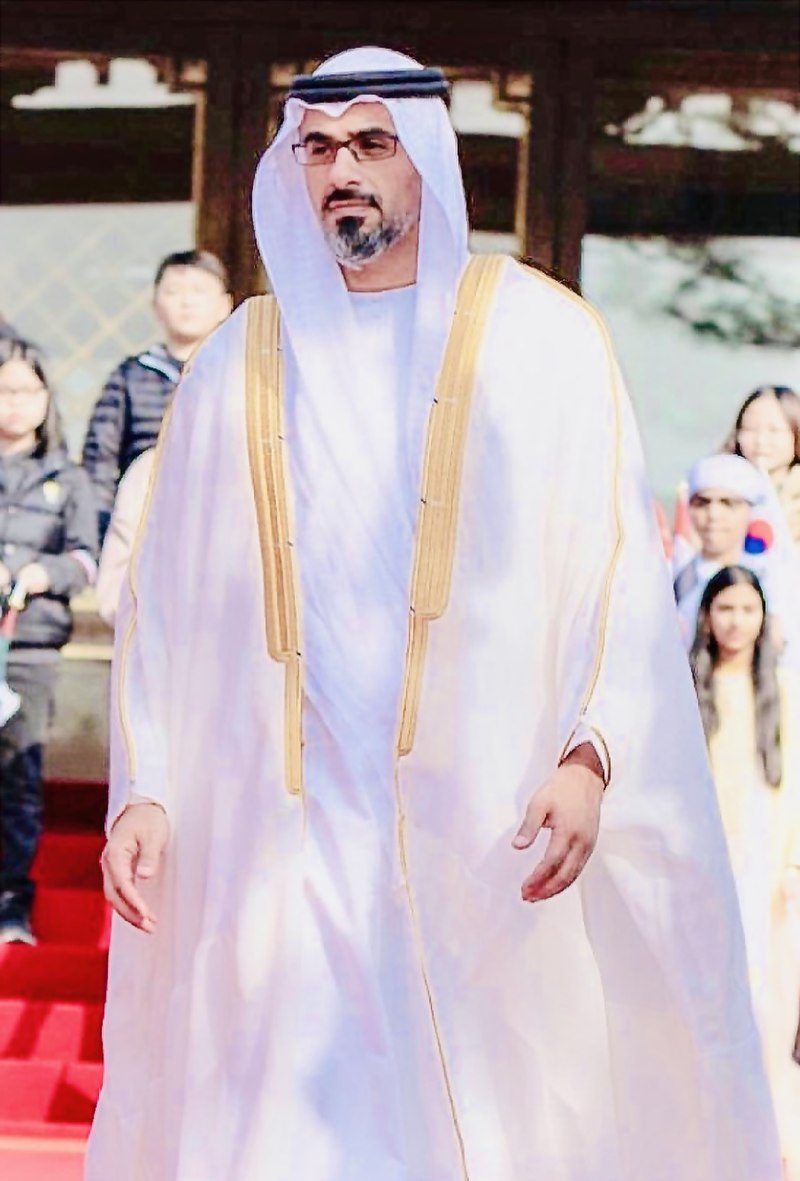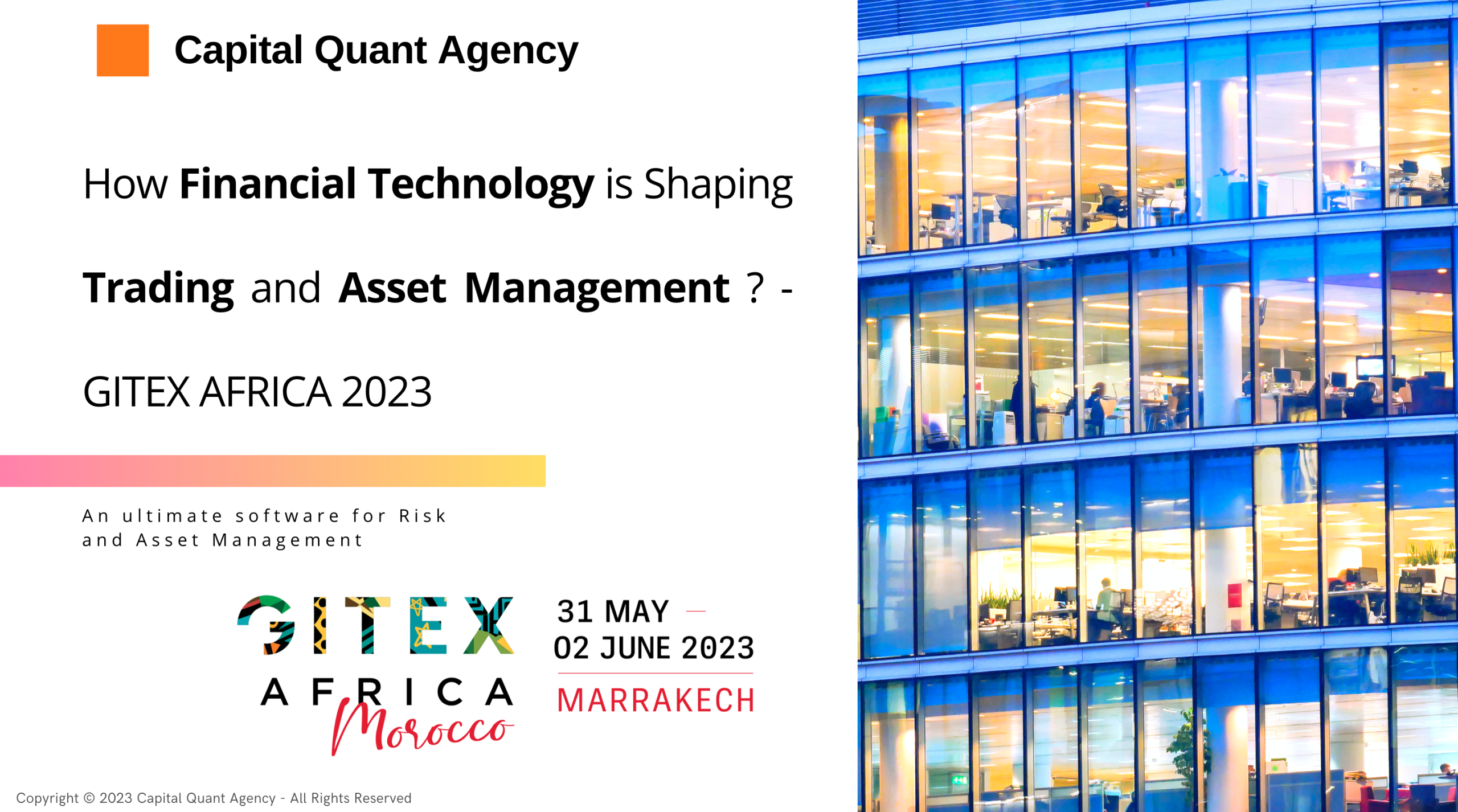KIGALI, Rwanda, October 6, 2023/ — Following the mandate by the African Union (AU) Summit of Heads of State and Government and the AfCFTA Council of Ministers responsible for Trade , Afreximbank (www.Afreximbank.com) and the AfCFTA Secretariat were mandated to establish and operationalise the AfCFTA Adjustment Fund through a General Partnership – the AfCFTA Adjustment Fund Corporation – with operations of the Fund domiciled in Rwanda.
The Fund will support countries and private entities through financing, technical assistance, grants and compensation funding in their transition to the new trading regime and mitigate any negative impacts that may arise during this process. By providing targeted support, the Fund aims to ensure that no country is left behind and that the benefits of the AfCFTA are shared equitably and in a sustained manner across the continent.
The inaugural board meeting of the AfCFTA Adjustment Fund Corporation held today in Kigali. The board members deliberated on key issues that will serve as a foundation for the successful operationalisation of the AfCFTA Adjustment Fund. Amongst these include the appointment of the Fund for Export Development in Africa (FEDA), the impact investment platform of African Export-Import Bank, as the Fund Manager for the Adjustment Fund.
The AfCFTA Adjustment Fund consists of three sub-Funds namely, the Base Fund, the General Fund, and the Credit Fund. The Base Fund will utilise contributions from AfCFTA State Parties as well as grants and technical assistance to address tariff revenue losses that would result from the implementation of the AfCFTA Agreement. The General Fund will finance the development of trade enabling infrastructure while the Credit Fund will be used to mobilise commercial funding to support both the public and private sectors enabling them to adjust and take advantage of the opportunities created by the AfCFTA.
Mr. Jean-Louis Ekra, Chairman of the Board of the AfCFTA Adjustment Fund Corporation, said: “It is important to note that the Adjustment Fund is not intended to perpetuate dependency, rather, it is designed to foster self-reliance. Its resources are aimed at assisting countries in overcoming temporary hurdles and building the foundations for long-term economic resilience. Through careful investment and strategic planning, Member States can utilise the Fund’s support to enhance their productive capacities, diversify their economies, and accelerate progress towards sustainable development goals. It gladdens my heart to be an active participant in this noble demonstration of history in the making. I enjoin all of us to seize this historic opportunity to unlock Africa’s vast potential, strengthen regional integration, and forge a brighter future for all, together.”
H.E. Wamkele Mene, Secretary-General of the AfCFTA Secretariat, said: “This inaugural meeting of the Board of the AfCFTA Adjustment Fund heralds a commendable milestone in the successful implementation of the Agreement. In collaboration with our strategic partner Afreximbank, we are commited to provide the necessary support to State Parties and private entities through the Adjustment Fund. The Board, composed of experts and driven leaders of the continent, will carry out the necessary actions to ensure compliance with all rules and regulations.”
Dr. George Elombi, Executive Vice president, Governance, Corporate and legal Services of Afreximbank, said: “Afreximbank welcomes the convening of the first Board meeting of the AfCFTA Adjustment Fund, which marks a significant milestone in advancing implementation of the African Continental Free Trade Agreement (AfCFTA). Given the enormous potential the AfCFTA holds for the continent, the Bank is exceptionally pleased to be a strategic partner to the AfCFTA Secretariat in establishing the Adjustment Fund. We are also pleased that our subsidiary, the Fund for Export Development in Africa (FEDA) has been appointed as the fund manager.”
Marlene Ngoyi, Chief Executive Officer of the Fund for Export Development in Africa, said: “FEDA is honored to have the opportunity to play a role in unlocking the vast potential of the African Continental Free Trade Area (AfCFTA) agreement. This transformative agreement has the power to create a more prosperous, equitable, and sustainable future for millions of people across the continent. The appointment of FEDA as the investment manager of the AfCFTA Adjustment Fund General Fund and Credit Fund demonstrates the AfCFTA Secretariat’s, Afreximbank’s, and FEDA’s commitment to the urgent realization of this grand vision.”
Distributed by APO Group on behalf of Afreximbank.
For further information, please contact:
Ms. Grace Khoza
Principal Communications Advisor
African Continental Free Trade Area (AfCFTA) Secretariat
E-mail: Grace.Khoza@au-afcfta.org
Accra, Ghana
Ms. Elydora Matubanzila
Communications Officer
African Continental Free Trade Area (AfCFTA) Secretariat
E-mail: Elydora.Matubanzila@au-afcfta.org
Accra, Ghana
Communication | Marketing | Advocacy Division, African Continental Free Trade Area |
E-mail: afcftacommunications@au-afcfta.org
To find out more, please visit our website: https://AU-AfCFTA.org
